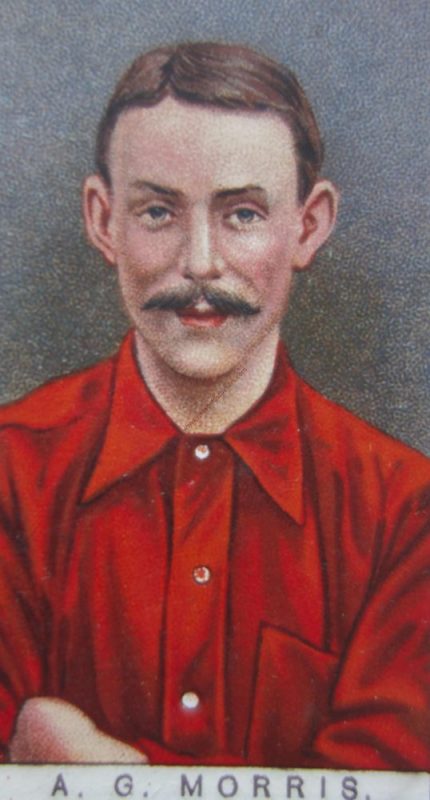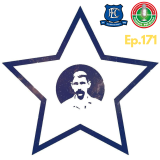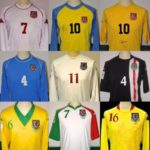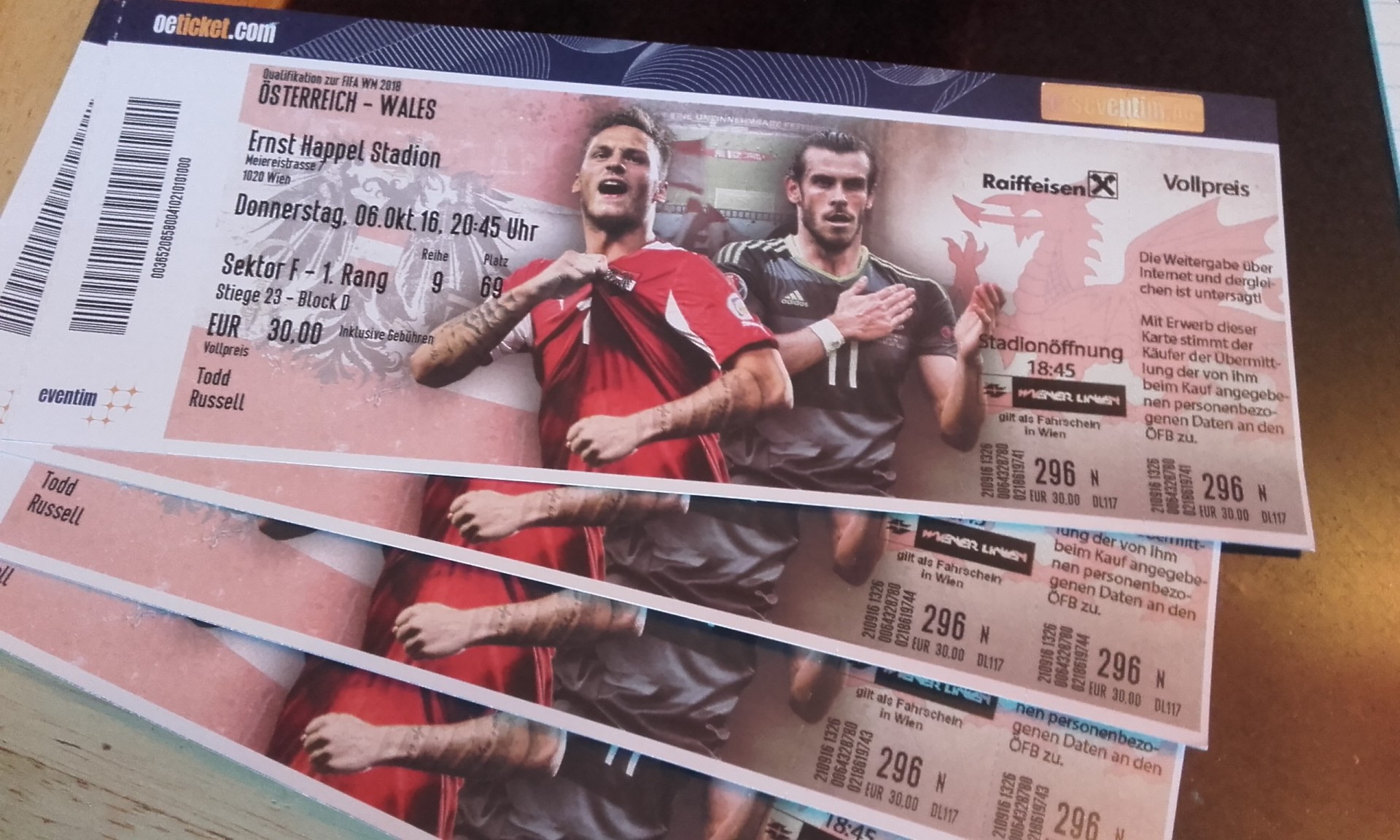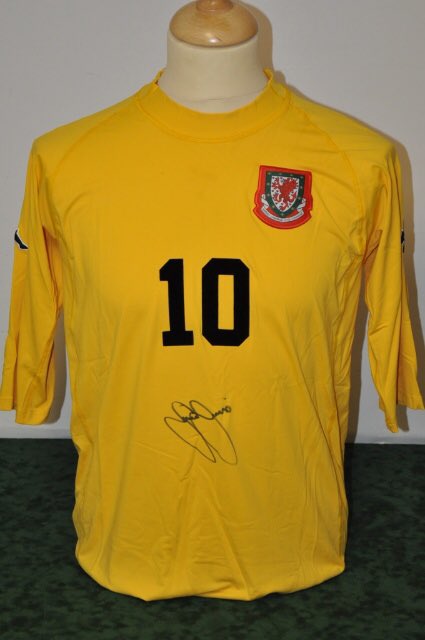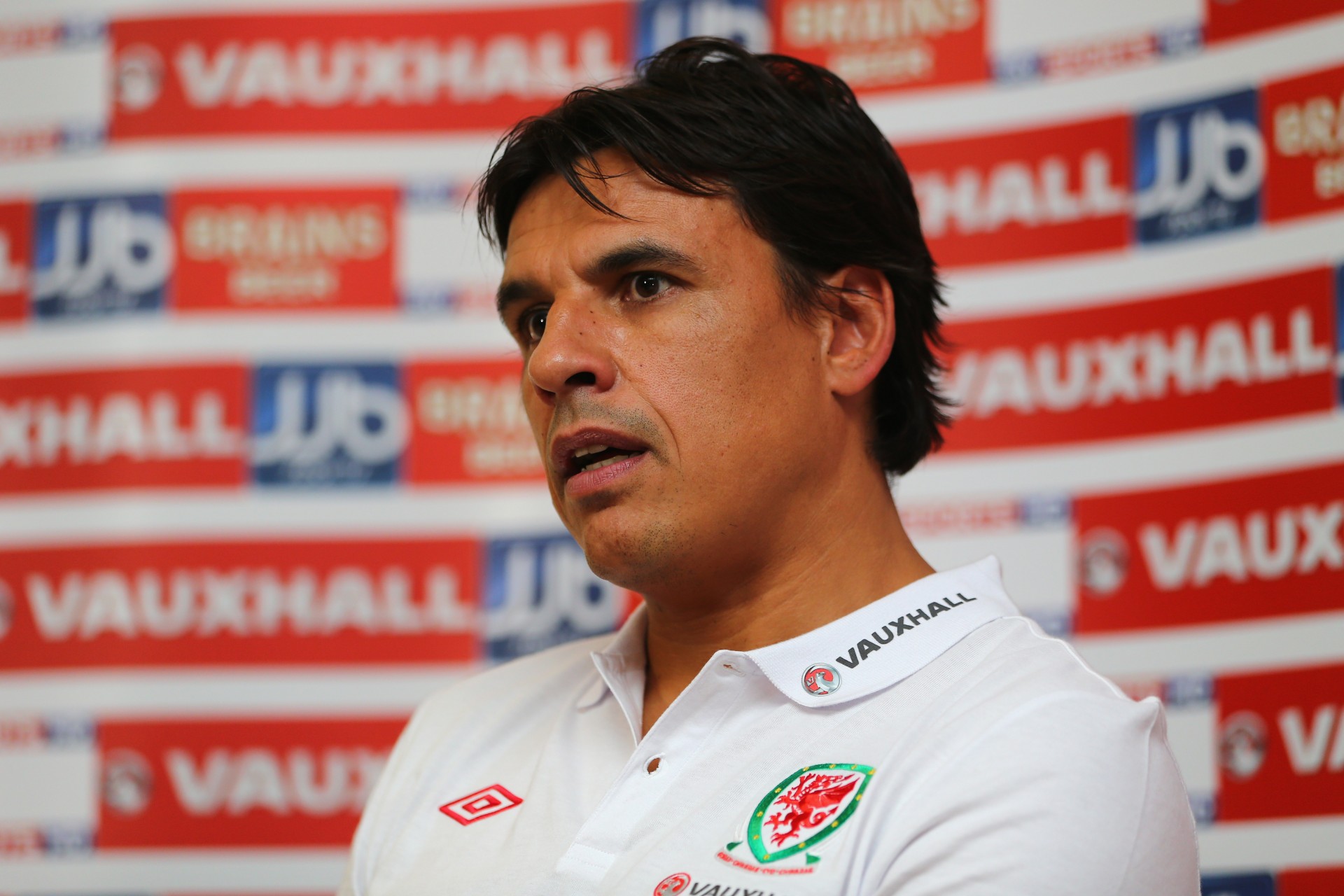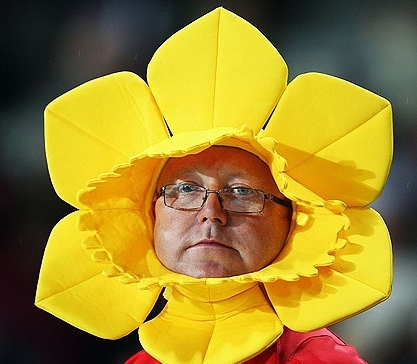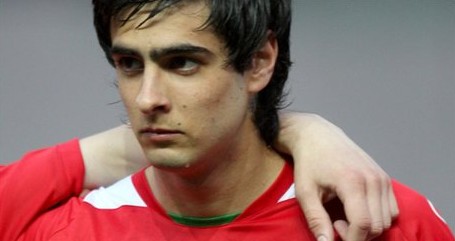An International debut before league debut XI
GK – Robert Mills-Roberts – Mills-Roberts, the son of a manager of Gwynedd slate quarries, served in the Second Boer War and Great War and was also a distinguished surgeon. While studying medicine at St Thomas’s in London, he also played in goal for Wales with his debut coming in a 1-1 draw at Blackburn against England. A further four caps were won while still a student before he signed as an amateur for the Preston ‘Invincibles’ team of 1888-89 where he was largely understudy to fellow Welshman, Jim Trainer, but did play in the FA Cup final for the inaugural double winning team.
Def – John ‘Jack’ Powell (full back) – one of Wales’s first notable players, Ffrwd-born Powell had played only 3 times in the pre-Football League days for Druids when he made his international debut two days before his 18th birthday in Wales’s third ever match in March 1878. Wales were beaten 9-0 by Scotland, still the country’s record defeat. When Ryan Giggs made his international debut in 1991 it is often considered that he took John Charles’s record as Wales’ youngest debutant. However, Charles was 74 days older than Powell whose record it actually was. He was known in the Manchester press, where he later played for Bolton and Newton Heath, as ‘The Lion of Wales’.
Def – Ryan Green – a sober tale of too much, too young? Cardiff-born Green was plucked from the Wolves reserve team by Bobby Gould, though not quite from obscurity; Green had been in the Wales youth set up for some time and had not long made his u21 debut. His inclusion on the end of season tour to Malta and Tunisia was considered a “typical Gould stunt” stunt by Ryan Giggs and the squad that went to the Mediterranean was experimental with the likes of Simon Haworth, Paul Trollope, Rob Edwards, Chris Llewellyn and Craig Bellamy (who scored his maiden international goal vs Malta) all winning debut or early caps. Green’s appearance against Malta meant he took Giggs’ record as Wales’s youngest ever cap. Having played in both tour games, Green made his Wolves league debut five months later but lack of favour, fortune and fitness at Molineux saw Green leave for Millwall and Green subsequently spent the rest of his career knocking around League Two, the Conference and below.
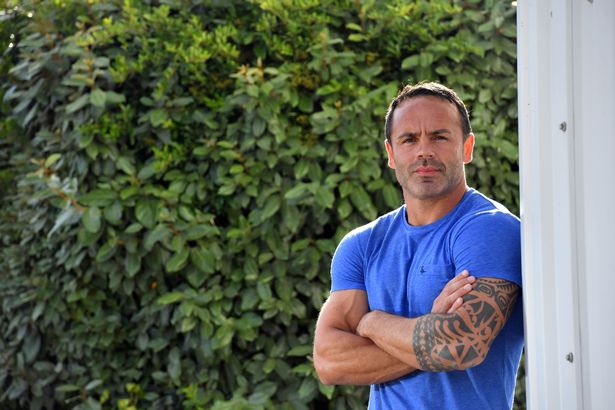
Def – Humphrey Jones – the Bangor player was one of 10 debutants in clash with England in Blackburn in 1885. Jones was captain for the game as he was in all bar one of his 14 caps won in a 6 year period. Interestingly, his final two caps were won as a player at Glasgow’s famous amateur Queen’s Park club. His only Wales goal was the final goal in a 8-2 victory in Belfast against Ireland in 1885. Wales had conceded 8 a fortnight earlier at home to Scotland.
CM – Matthew Smith – another youngster on the books of Manchester City who has had to move elsewhere to find bread and butter league games. Smith replaced Tom Lawrence in the May 2018 friendly in New Jersey against Mexico having yet to play a first team game at the Etihad. A subsequent season-long loan move to FC Twente in the Dutch second division proved invaluable with Smith playing regularly and gaining a league winners medal. Another loan move to QPR proved less successful and has since seen Joe Morrell overtake him in the central midfield stakes.
CM – Dylan Levitt – the Manchester United youngster had figured in several Wales squads before his debut in the Nations League against Finland in September 2020. Levitt’s league debut came 3 weeks later when he started in Charlton’s 0-2 defeat at Lincoln City, his first appearance in a season-long loan spell at The Valley. Prior to these games, his solitary United appearance came in the Europa League in November 2019.
LM – Rabbi Matondo – when Matondo replaced Sam Vokes as a late substitute against Albania in November 2018 he had played only EFL Trophy matches for Manchester City’s u21/23 team and in its development team. Born to a Congolese family in Liverpool, but raised in the shadow of Cardiff’s Tremorfa steelworks, Matondo never played in the English league before moving to the Bundesliga and Schalke. His Wales debut came at 18 years and 71 days – the same age to the day as John Charles was on his Wales debut in 1950.
RM – Ivor Jones – from Merthyr’s footballing Jones dynasty, Ivor was one of four professional footballing brothers, two of whom – Ivor and Bryn – represented Wales. Ivor’s first two Wales caps were won while at Swansea Town in 1920 then playing in the Southern League. By the time of his third cap the English football league had been restructured for the 1920-21 season to include, upon invitation, Welsh clubs and the Swans were admitted to the Third Division (south). Though Jones made only a modest impact in his 10 caps, his son, Cliff Jones, turned out to be one of the greats.
Att – Harry Wilson – almost five years separated Wilson’s first and second Wales caps. The first came as a late replacement for Hal Robson-Kanu in a World Cup 2014 qualifier against Belgium. Whether it was to prevent him from playing for England for whom he was also eligible or because Chris Coleman had negotiated a cut of Wilson’s taid’s bet, is not clear. But the substitution was arguably justified when a minute later Wales snatched an equalizer. Almost two years after that Brussels cameo came Wilson’s club debut as part of a disappointing loan spell at Crewe. With the exception of a solitary FA Cup appearance at Anfield, Wilson too has had to find regular games on loan with further spells at Hull, Derby and Bournemouth.
Att – Trevor Ford – made his Wales debut in the final uncapped, wartime international at home to Ireland in May 1946, before leagues formally resumed in 1946-47. Ford went on to become Wales’s record goalscorer in a goal-laden career at Swansea Town, Aston Villa, the ‘Bank of England’ Sunderland and Cardiff City. He scored on his full Wales debut.
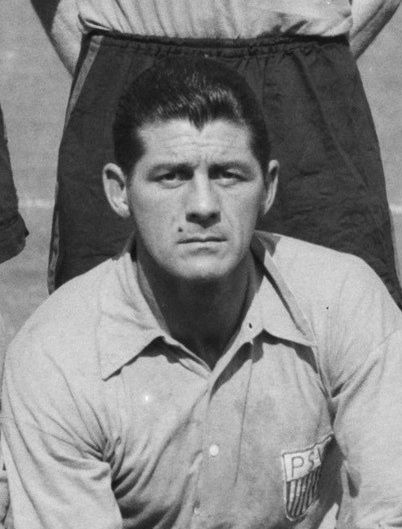
Att – Arthur Grenville Morris – Gren Morris remains to this day Nottingham Forest’s all-time record goalscorer. A native of Builth and educated at Ellesmere College, Morris was playing for Aberystwyth Town when he made a goalscoring international debut in a 6-1 rout of Ireland at The Racecourse in 1896. Three further caps came at The Seasiders before a move to Swindon Town then of the Southern League, and then in 1898 onto the Football League when Forest paid the princely sum of £200 for his goalscoring abilities.
